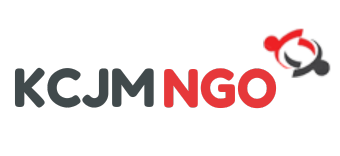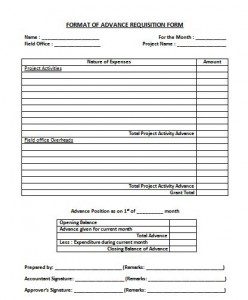ONE of the main question asked by funding agency before approving any budget is what is your NGO Traveling Policy? In NGO Traveling Expenditure is one of the major component of total budget, whether traveling for Project Implementation, Advocacy, Training, Monitoring, and thus there must be particular NGO traveling policy for the organization.
IN this article, i would like to focus on which points to be keep in mind while framing traveling policy so that it becomes best.
Good NGO Traveling Policy is one which is in Writing
You may be have one of the best traveling policy and procedures implemented in your NGO, but if it is not on paper, it is useless. Traveling policy must be in writing and must be part of the NGOs Working Manual
Good NGO Traveling Policy is one which is Approved
After framing NGO traveling policy, it is advisable to approve and authorized by trustees or by board members or may be by chairman and secretary.
It should not be rigid
NGO Traveling Policy should not be rigid, in the sense, that one rate or one rule for traveling expenditure can not apply to all types of travelling
It should frame according to Types of Traveling and conveyance
There are different are types of traveling and conveyance we can see in NGO. Sometimes traveling expenditures are reimbursed, sometimes NGO is having own vehicle, sometime staff use own vehicle for project work, sometimes funding agency provide vehicles or provide funds to purchase vehicles. So NGO traveling policy should includes all these possibilities.
Supporting and proof of Traveling
NGO Traveling Policy should includes which type of supporting or proof staff has to give to account and finance department after traveling. It may be Traveling Summery Sheet or Monthly Conveyance Statement or Log Book etc..
Avoid CHARGING of Traveling Expenditure to Project
Some of the NGOs are following practice of charging fixed per kilometer amount and transfer this to some pool or fund and then fuel and maintenance are paid from that pool. It is strongly recommended not to follow this type of practice of “charging” Expenditure to Project.
Summary
Apart from above points, there may be many other points to be consider while framing traveling policy depending upon the nature and work of your NGO. But, one has to keep in mind all the above points to framing good traveling policy.
Hope this will help you in your NGO, if you have any question, you can ask here or chat with us. Also your comments are welcome on the above subject.



